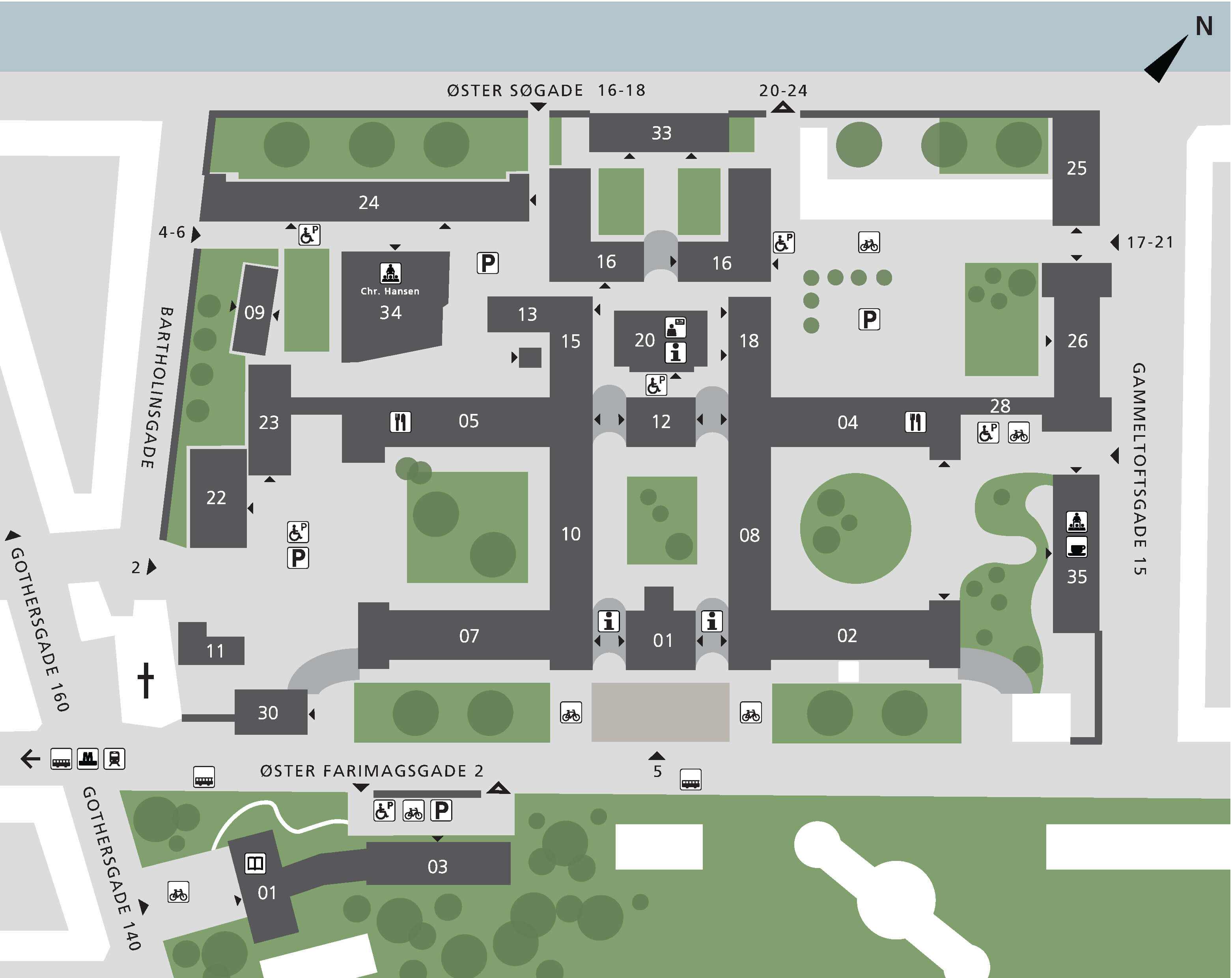Seminars @ Biostatistics, UCPH
Upcoming seminars
Sunday, May 25, 11:00
This presentation is part of the International Seminar Series in Causal
Inference. The aim of the seminar series is to bring distinguished
causal inference speakers to Copenhagen and to foster new connections
among local causal inference researchers across different disciplines
and institutions. The seminar is therefore accompanied with three
additional opportunities for connections:
1. An opportunity to
socialize and network before the talk (from 10.30), where we will be
serving coffee and tea
2. A lunch with the speaker only for PhD
students on May 23 12.30-14.00. If you are a PhD student interested in
participating, please sign up by contacting Marie Pramming (marie.pramming@sund.ku.dk). Note that there are
limited seats
3. A possibility to book a one-on-one meeting with the
speaker on May 22 or May 23. If you are interested in this, please
contact Erin Gabriel (erin.gabriel@sund.ku.dk)
The seminar is
organized by the Pioneer Centre for SMARTBiomed and supported by the
Danish Data Science Academy.
Map of CSS
You can find CSS next to the Botanical Garden, 5 minutes from Nørreport station.
Meeting room 5.2.46 is the library of the Biostatistics section, located in building 5, 2nd floor, room 46. See the map below for directions inside CSS.
